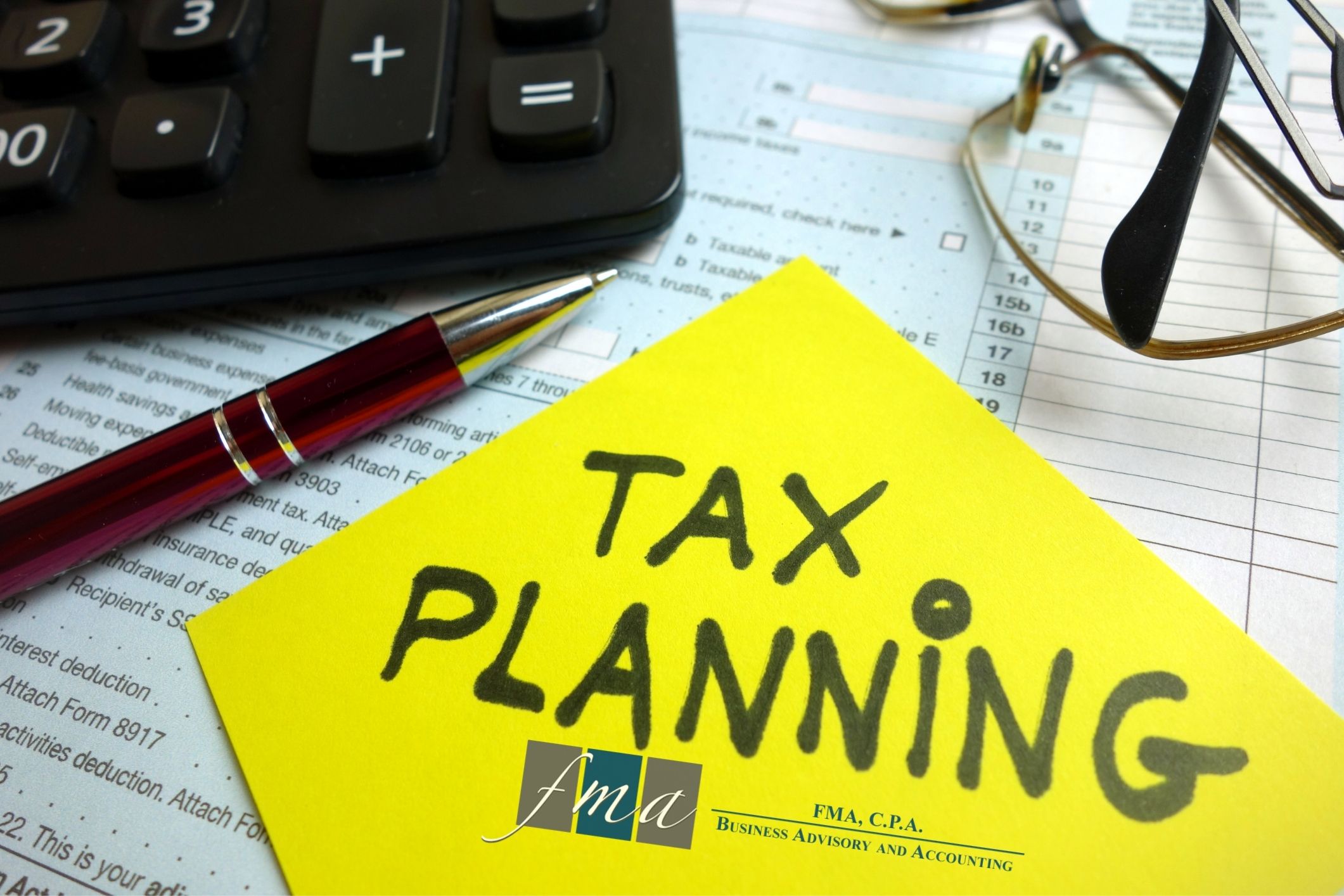
Tax season can be hectic and overwhelming for small business owners. It’s not surprising considering how utterly complex U.S. tax laws are in general. Business taxpayers spend too much time dealing with taxes, including recordkeeping, planning, and filing tax returns. As a result, they tend to miss out on valuable year-end tax planning strategies that can allow them to keep more of their hard-earned profits.
As the year winds up, consider preparing for the upcoming tax season by taking advantage of the following end-of-year tax strategies.
Small business bookkeeping sounds straightforward. It’s just the process of recording and organizing your business’s financial transactions. One of the mistakes to avoid making is saving all your financial statements analyses right to the last minute. Doing so often results in missed deductions, and you could end up paying higher taxes. Not to mention the high-interest charges associated with late filings.
Has your company had any gains or losses this year? To find out how your business is doing, look at your financial statements, including your balance sheets, cash flow statements, and retained earnings.
It’s a good idea to have a tax professional manage all the reports relevant to your business to prevent costly mistakes. Don’t wait until the very last moment.
Establishing a retirement plan is one of the best ways to slash your taxes. Small businesses can potentially defer income taxes on hundreds of thousands of dollars and claim a tax credit worth up to $5,000 per year for three years designed for setting up a retirement plan.
To qualify for the tax credit, your business must have:
When preparing your taxes, work with a business advisor to figure out the best retirement plan for your small business and whether you would benefit more from a SEP IRA than a Solo 401(k).
The Tax Cuts and Jobs Act (TCJA) allows you to get a 100% first-year bonus depreciation. Chances are you have purchased computers, equipment, furniture, and other assets for your business this year. The bonus depreciation allows you to write off 100% of the costs for assets that were acquired and placed into service during your 2021 business year.
If you're considering upgrading your technology or buying new equipment, now's the time to do so. Make sure they're placed into service by December 31; otherwise, you won't be able to lower your tax liability.
As it stands now, the 2021 federal income tax rates are similar to 2020s, with just a few minor adjustments for inflation. To reduce your tax obligations this year, you might want to shift some of your income to 2022 – that is, if you expect to be in a similar or lower tax bracket next year.
Let's say you'll finish working on a project in December of 2021. If you wait until January to bill the client, you won't have to claim the income on your 2021 tax return. You will want to take the opposite approach if you expect to be in a higher tax bracket to avoid paying higher taxes.
Another strategy is to accelerate next year’s expenses into this year as this will reduce your taxable income. Also, by lowering your business income, you get to reduce the amount of your income subject to self-employment tax. You might even qualify for other tax deductions and tax credits that have income limits. For instance, you could end up paying a lower rate on long-term capital gains.
It’s essential to meet with your CPA before you begin preparing taxes for tax season. A CPA firm experienced in business tax services will help you start the new financial year with clean books. They’ll also help you figure out what mistakes to avoid with small business accounting and tax planning. This way, you’ll avoid costly fines and make the most of any deductions and credits available to you.
BAAP CPA is a CPA firm in Clearwater offering business advisory services and business tax planning. Reach out for help with your year-end tax planning so you can focus on other core essential business functions. Our services extend to personal tax preparation, including income and estate tax planning. Contact us today to schedule a free consultation for all your tax needs.